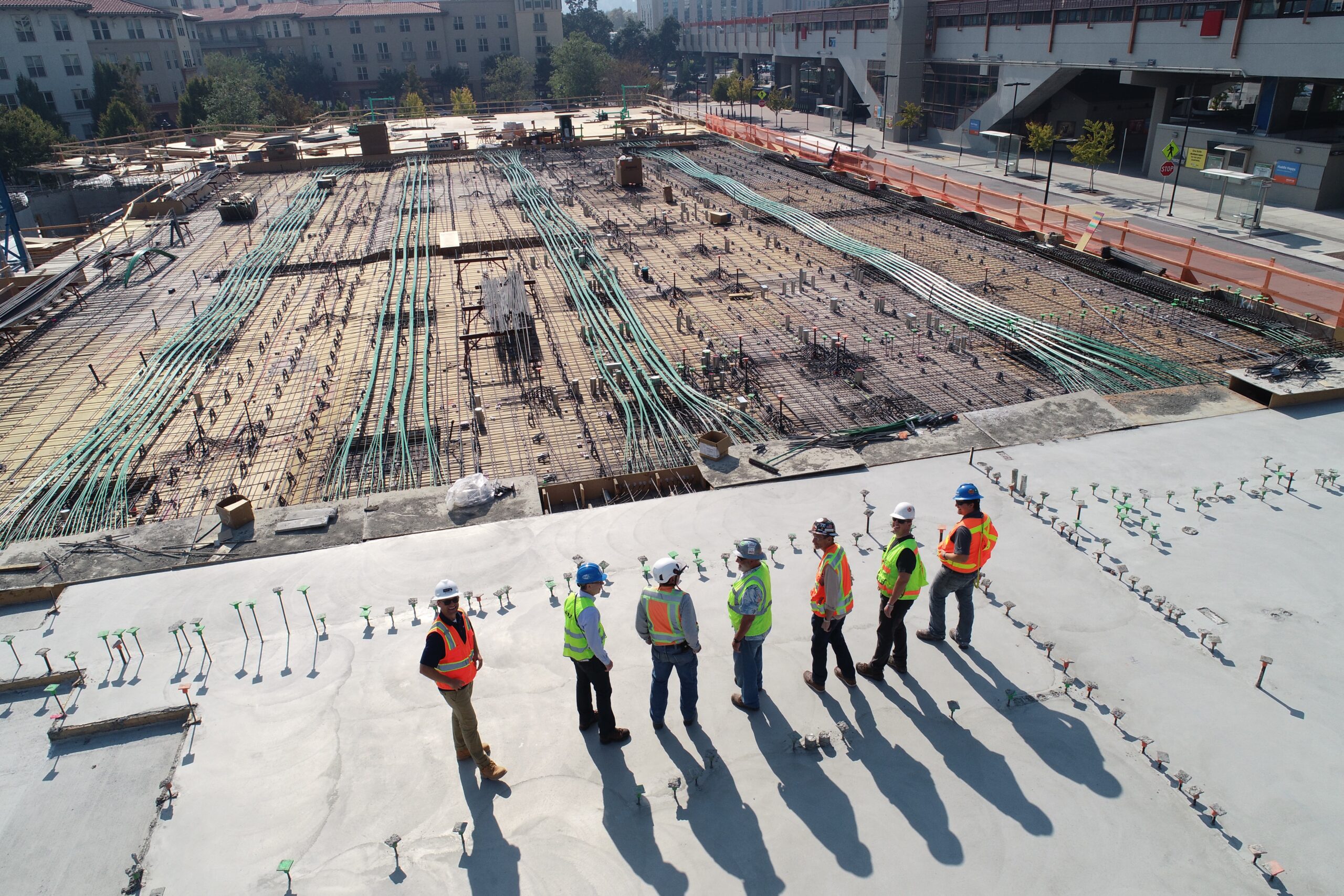Commercial construction has grown more complex in recent years. In large cities and smaller towns alike, projects demand careful coordination, strong budgeting, and strict timelines. One mistake during planning or execution can lead to higher costs, delays, or safety risks. To handle these challenges, more businesses are turning to professional construction management. A dedicated manager provides oversight at every stage, guiding contractors, designers, and stakeholders toward the same goal. This approach reduces errors and creates accountability, while also improving efficiency.
Construction management does not only focus on finishing a project; it focuses on achieving better results from start to finish. With the right oversight, commercial builds become safer, more cost-effective, and better equipped to deliver long-term value.
1. Stronger Project Planning and Scope Control
The foundation of a successful commercial build lies in planning. Construction managers define the scope early, making sure every detail is considered. They create realistic budgets and align them with practical schedules. Without this guidance, teams may face confusion, cost overruns, or repeated changes.
When planning is clear, projects move forward smoothly. Everyone involved understands their role, and expectations remain consistent from the first design meeting to the final inspection.
2. Smarter Design and Engineering Coordination
Commercial projects involve multiple professionals, from architects to engineers. When these groups work in isolation, the result can be delays or mismatched designs. Construction management solves this by bringing all voices together early.
For example, technical decisions such as whether to use poured walls vs concrete block walls require collaboration. Each choice affects cost, durability, and construction time. Companies like Seufert Construction offer guidance to help weigh these factors in a balanced way. When design and engineering are aligned from the beginning, there are fewer surprises during construction, and outcomes improve.
3. Improved Scheduling and Resource Management
Time is one of the most valuable resources in construction. Missed deadlines can cost both money and reputation. A construction manager develops schedules that reduce downtime and allow resources to flow efficiently. Labor, equipment, and materials are coordinated so that every stage connects with the next. This level of planning reduces idle time and prevents shortages.
Projects are completed faster, and businesses can move into their new spaces sooner. Reliable scheduling also keeps stakeholders confident that their investment is being handled responsibly.
4. Better Communication and Collaboration
Construction projects often involve many different teams. Without a central point of contact, communication breaks down. Misunderstandings cause mistakes, and mistakes lead to delays. A construction manager acts as a hub, making sure all information is clear and delivered on time.
Clients receive regular updates, contractors know their deadlines, and designers understand adjustments. This system builds trust among all parties. Strong communication also improves collaboration, as teams feel confident in their shared goals and remain focused on the same outcome.
5. Risk Management and Compliance Oversight
Every construction site carries risks. Safety regulations, building codes, and environmental rules must all be followed. Managers play a critical role in monitoring compliance. They implement safety procedures, enforce proper practices, and check that regulations are met. This protects workers, avoids legal problems, and prevents costly delays from failed inspections. Risk management goes beyond safety.
It includes identifying potential issues in design or material choices before they cause disruptions. By addressing these concerns early, managers keep projects moving steadily.
6. Delivering Long-Term Value for Owners
Construction management is not only about finishing a project on time. It also ensures that the final result provides long-term value. Managers consider how a building will perform in daily use. They make sure energy efficiency, durability, and functionality are part of the process. This approach means that businesses gain properties that meet current needs and remain effective for years.
A well-managed build is also more attractive to investors and tenants. It represents quality, reliability, and a stronger return on investment.
7. Embracing Technology for Smarter Outcomes
Modern commercial projects benefit greatly from digital tools. Construction managers now use project management software, 3D modeling, and real-time reporting to track progress and spot issues early. These technologies improve accuracy in scheduling, budgeting, and design coordination. They also allow stakeholders to see updates instantly, reducing delays caused by miscommunication. Tools such as drones and digital site inspections enhance safety and provide reliable records of work completed.
By embracing technology, construction management ensures projects run more smoothly and adapt quickly to changes. The result is improved efficiency, stronger communication, and higher confidence in project outcomes.
Conclusion
Commercial projects benefit most when construction management is part of the process. With stronger planning, better coordination, and clear accountability, outcomes improve across every stage. From reducing risks to ensuring long-term value, the results speak for themselves. If you are preparing for a new build, make construction management a priority to achieve safer, smarter, and more successful results.
